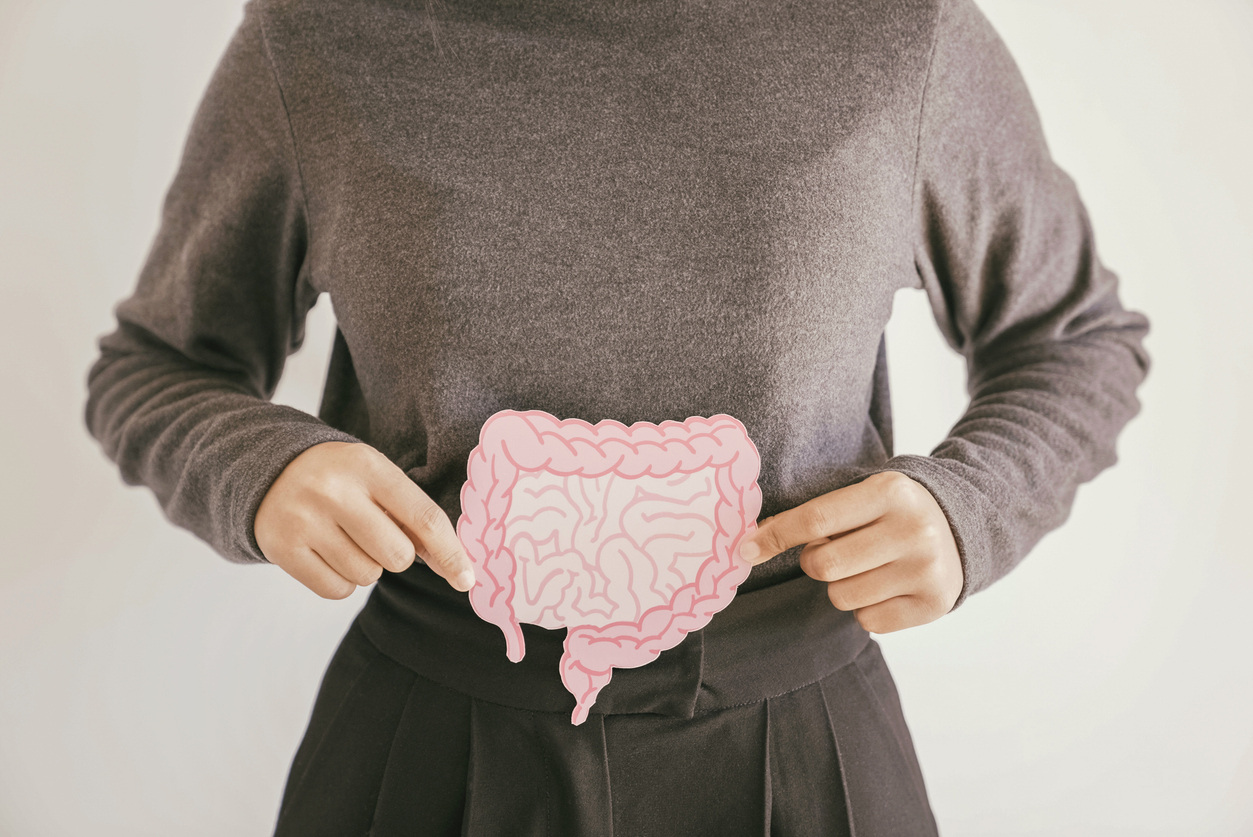We all turn to food for comfort, celebration, and connection. But what if the foods you love are silently contributing to a cascade of health issues? As a functional dietitian, my mantra is: We are not what we eat, but what we absorb. This truth becomes especially clear when exploring the condition known as leaky gut.
What Is Leaky Gut?
Leaky gut, or intestinal permeability, occurs when the lining of your gut becomes overly porous. Imagine your gut lining as a finely woven net that allows nutrients and beneficial substances to pass into your bloodstream while keeping out harmful particles. When this net develops holes, undigested food particles, toxins, and bacteria can leak into your system.
Your body perceives these foreign invaders as threats, triggering an immune response. This reaction often results in widespread inflammation, potentially leading to numerous health issues.
Unraveling the Symptoms of Leaky Gut
Leaky gut symptoms can vary widely and often seem unrelated, making it difficult to pinpoint. Common symptoms include:
- Brain fog and difficulty concentrating
- Joint pain and inflammation
- Headaches or migraines
- Skin issues like acne, eczema, or rashes
- Digestive problems such as bloating, gas, and diarrhea
- Fatigue and low energy levels
- Nutrient deficiencies
- Weakened immune system and frequent infections
- Difficulty losing weight
Beyond Food: The Root Causes of Leaky Gut
While certain foods can exacerbate leaky gut, they are rarely the sole cause. A functional approach examines multiple factors that contribute to the condition, including:
- Chronic stress: Stress hormones can damage the gut lining over time.
- Poor sleep: Disrupted sleep patterns affect the gut microbiome and immune system.
- Nutrient deficiencies: A lack of essential vitamins and minerals weakens the gut barrier.
- Lack of exercise: Regular physical activity supports a healthy gut microbiome.
- Dysbiosis: An imbalance between good and bad bacteria in the gut.
Identifying Food Sensitivities: A Personalized Approach
Food sensitivities differ from allergies in that they produce delayed immune reactions rather than immediate, life-threatening ones. These subtle reactions can be harder to detect but play a significant role in leaky gut.
Using a food sensitivity test, you can identify foods that trigger inflammation. These tests measure IgG antibodies, revealing delayed immune responses to specific foods. Once identified, an elimination diet can help you remove triggers, reduce inflammation, and promote gut healing.
The Elimination Diet: A Roadmap to Gut Healing
Healing leaky gut involves more than simply cutting out problem foods. A comprehensive protocol typically includes:
- Removing inflammatory foods: This includes identified triggers as well as common culprits like gluten, dairy, and processed foods.
- Supporting gut healing: Incorporate nutrient-rich, gut-friendly foods like bone broth, fermented vegetables, and prebiotic-rich fruits and vegetables.
- Addressing lifestyle factors: Focus on stress management, quality sleep, regular exercise, and a balanced, nutrient-dense diet.
Working with a Functional Dietitian for Leaky Gut
Leaky gut can feel overwhelming, but you don’t have to navigate it alone. A functional dietitian can help you:
- Interpret food sensitivity test results.
- Develop a personalized elimination diet.
- Craft a gut-healing protocol tailored to your needs.
- Address underlying lifestyle factors contributing to your symptoms.
- Monitor your progress and adapt your plan as necessary.
Healing leaky gut is a journey, not a quick fix. With the right support, you can restore your gut health and reclaim your energy, focus, and overall well-being.
If you’re interested in learning more about personalized nutrition and seeking a partner to guide your health journey, request a Meet & Greet today.

